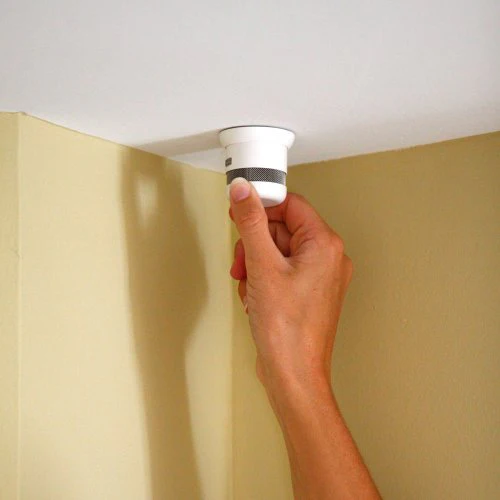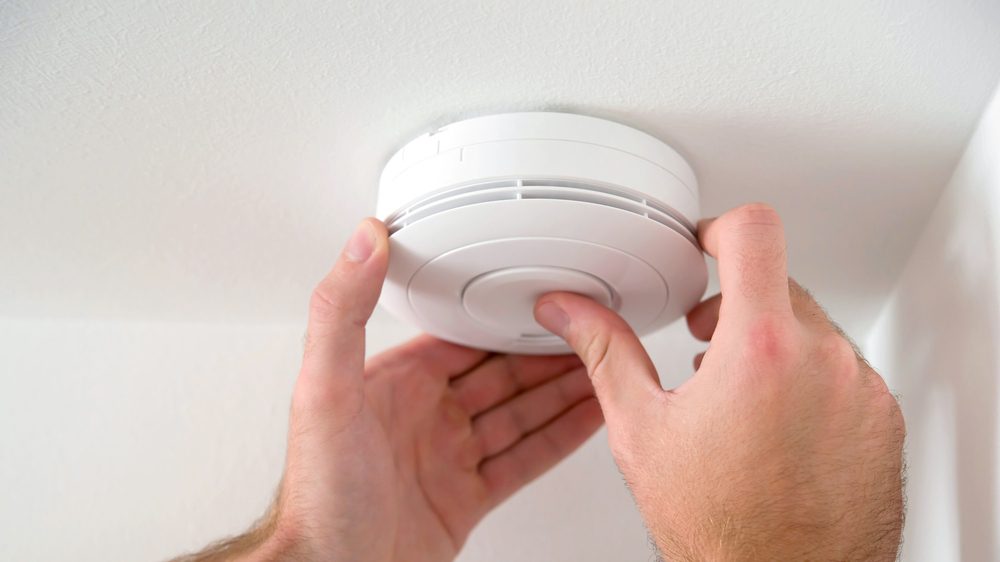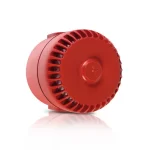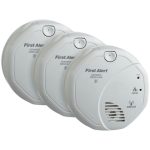I. Introduction
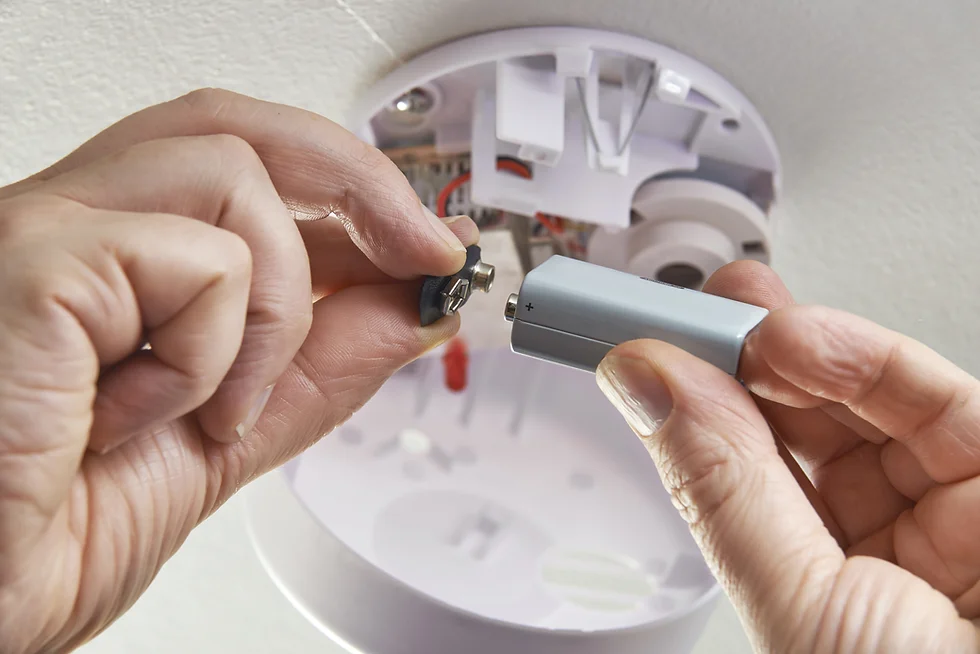
A. Importance of smoke alarms in home safety
Smoke alarms are essential devices that play a crucial role in ensuring the safety of our homes and protecting our loved ones from the dangers of fire. They serve as early warning systems by detecting smoke and providing timely alerts, allowing occupants to evacuate and seek help before the situation worsens.
B. Common issue: frequent and unnecessary smoke alarm activations
While smoke alarms are undeniably beneficial, many homeowners often face the frustrating problem of frequent and unnecessary activations. These activations can be triggered by cooking-related incidents, high humidity and environmental factors, dust and debris accumulation, or interference from nearby devices or electrical issues.
II. Causes of Frequent Smoke Alarm Activations
- Sensitivity to smoke and steam
Smoke alarms are designed to be highly sensitive to smoke particles in order to quickly detect a fire. However, this sensitivity can sometimes lead to frequent activations when cooking generates excessive smoke or steam. The alarm may mistake these typical cooking incidents for a real fire, resulting in unnecessary alarm soundings.
- Cooking techniques and ventilation
Certain cooking techniques, such as pan-frying, broiling, or grilling, tend to produce higher levels of smoke than others. Inadequate ventilation can also contribute to smoke accumulation in the kitchen, increasing the likelihood of triggering smoke alarms.
B. High humidity and environmental factors
- Steam from showers and bathrooms
Bathrooms and showers, particularly those without proper ventilation, can produce significant amounts of steam. This steam can easily trigger smoke alarms located in nearby rooms, as the moisture particles are often mistaken for smoke particles by the alarm’s sensors.
- Moisture from nearby appliances or humidifiers
The presence of appliances like humidifiers, vaporizers, or even nearby laundry machines can release moisture into the air. Over time, this moisture can accumulate and cause false alarms if it reaches the smoke alarm sensors.
C. Dust and debris accumulation
- Impact on sensors and detection capabilities
Smoke alarm sensors are highly sensitive and can be affected by the buildup of dust, debris, or cobwebs. These foreign particles can interfere with the sensors’ ability to accurately detect smoke and may result in false alarms or reduced detection capabilities.
- Regular cleaning and maintenance for optimal performance
To minimize false alarms caused by dust and debris, it is crucial to regularly clean and maintain smoke alarms. This involves gently vacuuming the sensors and surrounding areas, as well as replacing batteries according to the manufacturer’s recommendations.
D. Interference from nearby devices or electrical problems
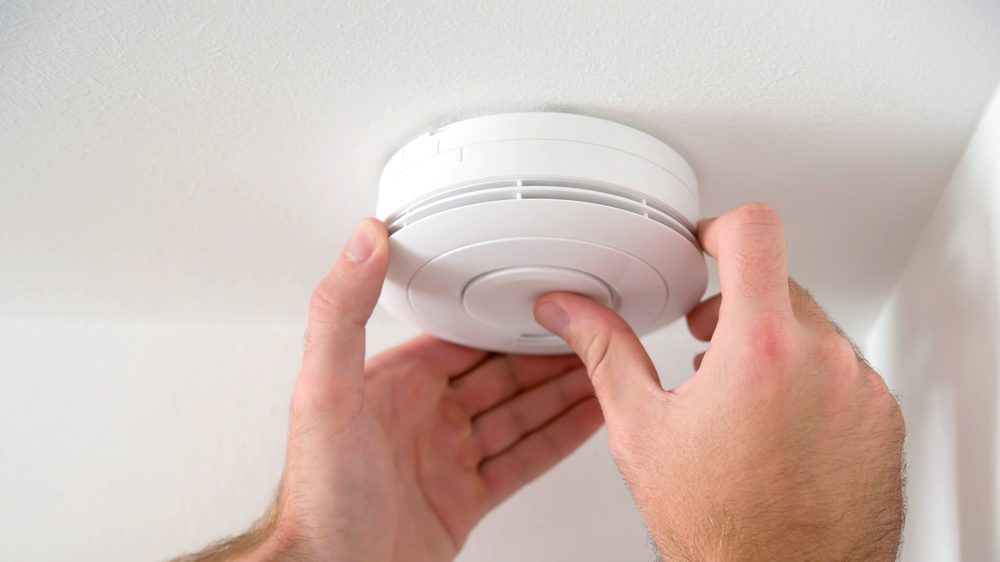
- Radio frequency interference
Certain electronic devices, such as baby monitors, security systems, or even remote-controlled toys, can generate radio frequency signals that could interfere with smoke alarm operations. These signals may cause false alarms or disrupt the communication between interconnected smoke alarms.
- Electrical wiring issues
Faulty or outdated electrical wiring can also contribute to frequent smoke alarm activations. If the wiring is not professionally installed or lacks proper grounding, it may create electrical fluctuations or surges that trigger false alarms.
III. Solutions to Address Frequent Smoke Alarm Activations
- Proper ventilation techniques Proper ventilation is crucial in minimizing smoke and steam buildup in the kitchen. Installing a range hood or exhaust fan can effectively remove smoke and steam from cooking, reducing the chances of triggering the smoke alarm. Ensuring that the kitchen has adequate airflow can also help dissipate any lingering smoke or steam.
- Relocating smoke alarm away from the kitchen If cooking-related smoke alarm activations persist, consider relocating the smoke alarm farther away from the kitchen. Placing it in adjacent rooms or hallways can help reduce false alarms triggered by cooking activities. Additionally, exploring the use of alternative detection methods, such as heat detectors, may prove useful in kitchen areas.
B. Managing high humidity and environmental factors
- Using exhaust fans or opening windows Steam generated from showers and bathrooms can often trigger smoke alarms placed nearby. Installing and utilizing exhaust fans can effectively remove excess moisture in these areas, preventing false alarms. Opening windows to promote fresh air circulation can also help reduce humidity levels.
- Ensuring proper placement of smoke alarms When installing smoke alarms, be mindful of their placement in relation to potentially humid areas or sources of moisture. Avoid placing smoke alarms near appliances or humidifiers that release moisture into the air. Opt for locations that have lower humidity levels to minimize false activations.
C. Minimizing dust and debris accumulation
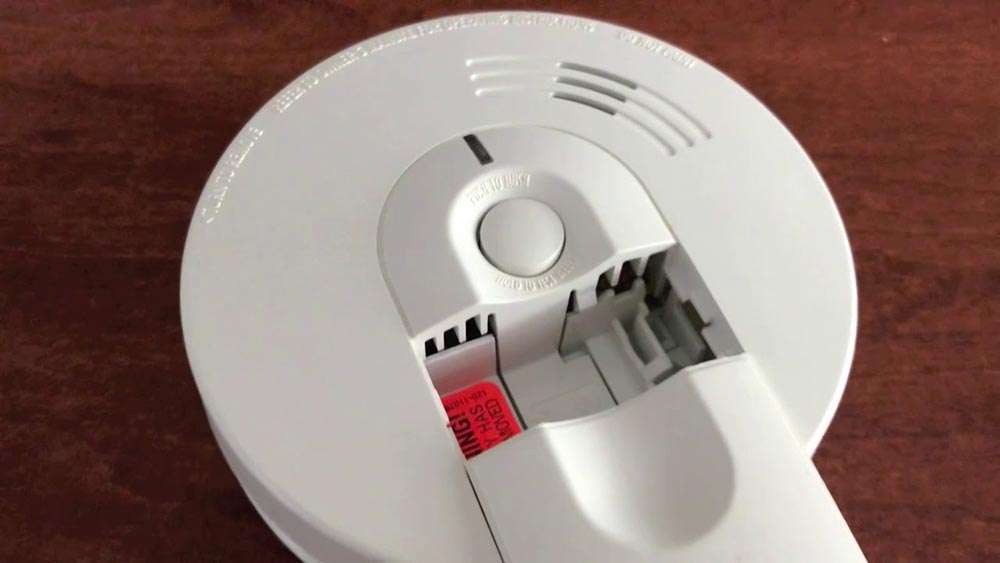
- Regular cleaning and maintenance Dust and debris can accumulate on smoke alarm sensors, affecting their performance and increasing the likelihood of false alarms. Regularly clean the exterior of smoke alarms by gently vacuuming them and wiping away any visible dust. Following manufacturer guidelines, perform maintenance checks and clean the vents to remove any trapped debris.
- Using dust covers and vacuuming around smoke alarms During construction or renovation projects, consider using dust covers to protect smoke alarms from accumulating debris. After the project is complete, thoroughly vacuum the surrounding area to remove any remaining dust or debris that could interfere with the smoke alarm’s operation.
D. Resolving device interference and electrical issues
- Checking for nearby devices causing interference Certain electronic devices emit strong radio frequencies that may interfere with smoke alarms’ proper functioning. Identify and relocate such devices to minimize potential interference. Keep smoke alarms away from electronic devices that may generate electromagnetic fields.
- Consulting an electrician for electrical wiring inspection Electrical issues, such as faulty wiring, can trigger false smoke alarm activations. If you suspect electrical problems, it is advisable to consult with a qualified electrician to conduct a thorough inspection of your home’s electrical system. This ensures that the smoke alarms are being adequately powered and that no electrical malfunctions are causing false alarms.
IV. Importance of Regular Smoke Alarm Maintenance
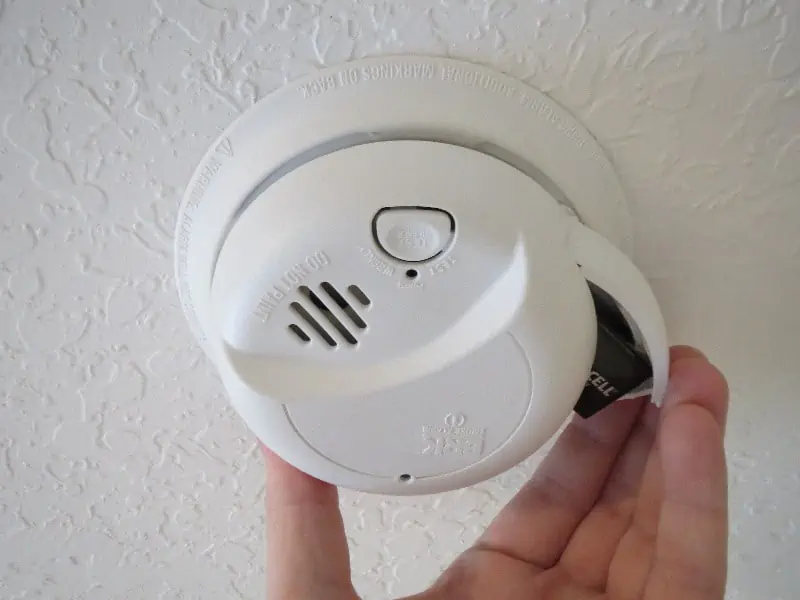
A. Testing alarms regularly
- Monthly testing procedures Regularly test your smoke alarms to ensure they are functioning correctly. Follow the manufacturer’s instructions for testing procedures, including pressing the test button and verifying that the alarm emits a loud and distinct sound.
- Importance of replacing batteries Replace the batteries in your smoke alarms at least once a year, or as recommended by the manufacturer. Using long-lasting batteries or connecting the smoke alarms to AC power can reduce the frequency of battery replacements. Always have spare batteries on hand in case of emergencies.
B. Following manufacturer’s instructions
- Battery replacement guidelines Follow the manufacturer’s recommended battery replacement schedule. Some smoke alarms may require battery replacement every six months, while others may last for a year or longer. Adhering to these guidelines ensures that your smoke alarms remain in optimal working condition.
- Recommended lifespan and replacements Smoke alarms have a recommended lifespan, typically around 10 years, after which they should be replaced. Familiarize yourself with the specific recommended lifespan of your smoke alarms and replace them accordingly. Newer models often come with advanced features and improved technology, providing enhanced fire detection capabilities.
V. Conclusion
A. Recap of causes and solutions for frequent smoke alarm activations
Frequent smoke alarm activations can be attributed to cooking-related issues, high humidity, dust accumulation, device interference, and electrical problems. By implementing proper ventilation techniques, relocating smoke alarms, managing humidity levels, cleaning and maintaining smoke alarms, addressing device interference, and ensuring electrical integrity, false alarms can be significantly reduced or eliminated.
B. Emphasizing the importance of addressing and resolving these issues promptly
Frequent and unnecessary smoke alarm activations can be both frustrating and potentially dangerous as they may desensitize individuals to genuine fire alarms. By promptly addressing and resolving the underlying causes, home safety can be improved, ensuring that smoke alarms are reliable and accurately detect potential fire situations.
Reinforcing the significance of regular maintenance to ensure the reliability of smoke alarms for home safety. Regular smoke alarm maintenance, including testing, battery replacement, following manufacturer’s instructions, and adhering to recommended lifespan timelines, is crucial in ensuring the effectiveness and reliability of smoke alarms. By incorporating these practices into home safety routines, individuals can have peace of mind knowing that their smoke alarms are operating optimally and providing the necessary protection against potential fire hazards.
